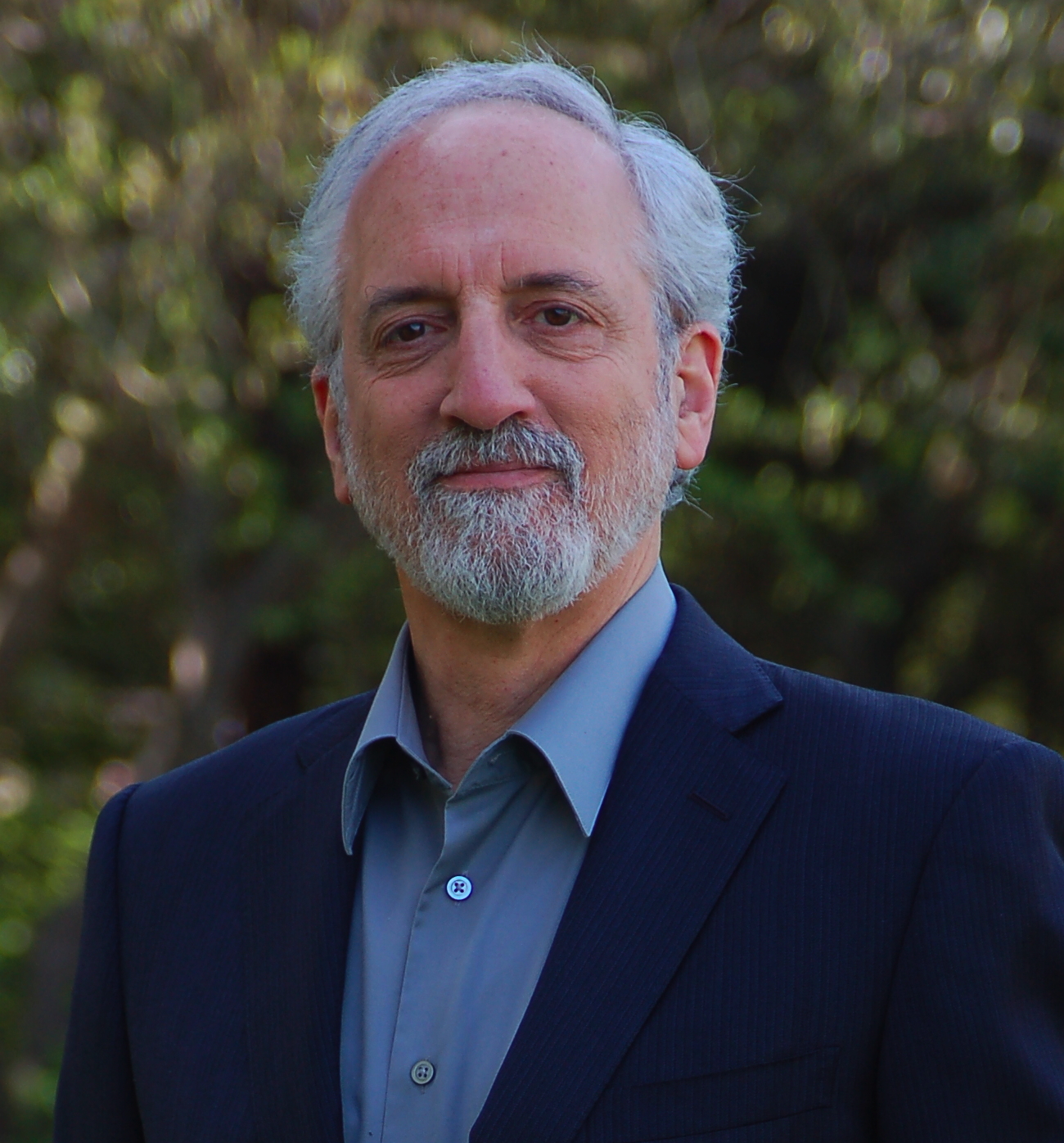By Gil Friend, Chief Sustainability Officer, City of Palo Alto
 Over the course of my more than 40 years of work on sustainability issues in business, government, and the civic sector, one challenge has remained central, reappearing again and again as a make-or-break element of all we are trying to accomplish. I’m encouraged to see that it is now moving to center stage.
Over the course of my more than 40 years of work on sustainability issues in business, government, and the civic sector, one challenge has remained central, reappearing again and again as a make-or-break element of all we are trying to accomplish. I’m encouraged to see that it is now moving to center stage.
It’s the challenge of getting the prices right—of ensuring that the workings of the market reflect the physical reality of, well, physics, and the living systems that sustain the human economy. Meeting this challenge is critical to the health of economies, enterprises, and ecosystems.
Some businesses are beginning to expand their focus beyond the surprisingly recent, single-minded obsession with maximizing shareholder value. Yet we haven’t solved the core problem, because the game is fundamentally defined by its rules. And markets, for all their agility and elegance, are massively distorted in several critical ways:
- Values that are difficult to monetize or quantify—like social welfare, the regenerative capacity of living systems, and the economistic fiction of “externalities”—just don’t get counted.
- The future doesn’t matter—and even if it does matter, it isn’t worth anything.
- One person’s subsidy is another person’s investment. Perhaps most endemic—sober assessment of investment opportunities is too often distorted by historic ROI-blindness.
What is to be done?
- Drive persistently and systematically to full-cost accounting that factors in all five capitals—financial, natural, human, social, and manufactured—and that uses all these perspectives to inform and guide decision-making. Puma and other companies exploring ecological profit & loss accounting are finding significant and potentially game-changing weaknesses in their financial statements and assessments of material risk when these other capitals are taken into account. As Paul Herman observes, people are your biggest asset. So how can you manage effectively when your biggest asset is listed as a liability on your books?
- Replace the practice of discounting the future with financial tools that value the future—metrics that realistically compare the enhanced future value of trees, intact forests, or topsoil with net present value. The medieval practice of demurrage, for example, interpreted the time value of money in the opposite way than we do today, “creating an incentive to invest in assets which lead to longer-term sustainable growth.” This practice is what enabled the construction of the great cathedrals that would arguably be impossible to justify under today’s schemes. Money in the future may not be as valuable as money in the present, but natural capital will be.
- Understand and eliminate your company’s exposure to subsidies. Yes, exposure. Just look at the ratio of subsidy to profit (or subsidy to market cap) of the coal industry. What are those ratios for your company? Subsidies may seem to provide benefit, and in some cases reflect social investment in activities outside the reasonable risk/reward landscape of individual enterprises. But they are fragile at best, subject to shifting political winds, and the inevitable public revulsion at bought-and-paid-for government. Because iIf your business depends on subsidies— whether they be unmonetized non-monetized externalities like carbon emissions, or direct transfer payments like welfare to make up for in adequate wages—if it’s not able to carry its full weight, then maybe you don’t really have business.
- Drop the obsolete, knee-jerk, unsupported-by-the-data assumption that better necessarily costs more, because it’s not supported by data. This long-held habit of thought distorts investment processes by otherwise capable and intelligent people. Sure, Cadillacs cost more than Chevys, but what’s the ROI when “net-zero-energy” buildings can be built with no incremental capital cost at all?
This is challenging territory. It will require new tools, new mindsets, and new alignments of very significant financial interests. But conquering this territory is indispensable to meeting the challenge of reinventing the economy of an entire planet. This planet. In one generation.
Gil Philip Friend is Chief Sustainability Officer, City of Palo Alto, CA, past CEO of Natural Logic Inc, and author of The Green Business Field Guide. He was named an inaugural member of the Sustainability Hall of Fame (with Ray Anderson, Amory Lovins, Karl-Henrik Robert and Bob Willard), and “one of the 10 most influential sustainability voices in America” by The Guardian.
